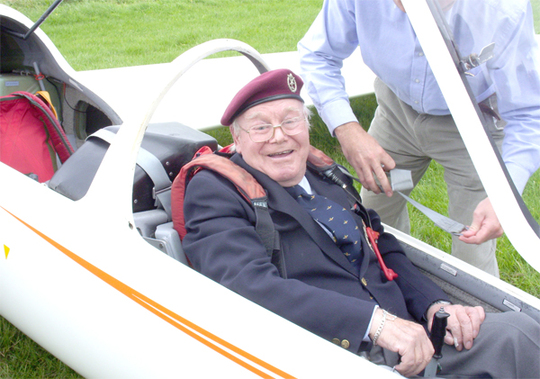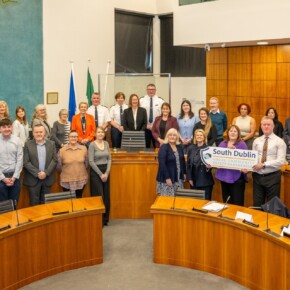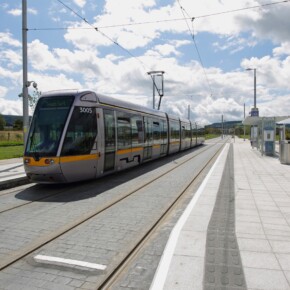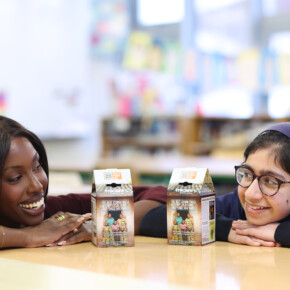My dad, the hero
Dublin People 06 Apr 2013
IT was an honour to be invited by the Motor Industry Leinster Members’ Association to remember my dad Johnny Wetherall, who passed away in Leopardstown Park Hospital on November 2 aged 87.
Dad started his career in the motor industry as an apprentice at Morris Oxford at the age of 15.
He broke his service there in 1943 to fight for his country in World War Two. He enlisted as a soldier but ended up in the Army Air Corp as a glider pilot and flew a glider into Arnhem in September 1944.
This campaign would go down in history as the battle for
‘A Bridge Too Far’.
Having successfully delivered his load he fought as a foot soldier on the ground but was wounded and captured three days later.
He remained a reluctant prisoner of the Germans for the next seven months and he had his right eye removed as a consequence of earlier wounds.
But he got fed up with the German’s hospitality and during a transfer between prison camps he made a run for it. It was a successful attempt and one week later he walked into his home in Oxford.
Unfortunately, his co-pilot, Staff Sergeant Henry Taylor, commonly known as Spud, wasn’t so lucky. He was killed in action in Arnhem and is buried in the war cemetery at Oosterbeek.
To most of us this was an amazing story of courage and bravery but Dad’s way of portraying it was that it was just something that had to be done.
And with this matter of fact attitude he just got on with his life.
In 1948 he was sent by Morris to Dublin for two years to help set up the assembly plant known as Britons at Portobello Bridge.
While there he met one of the office girls, Audrey Grace, who later became his wife in 1952 and Johnny ended up settling down on Deansgrange Road.
From Britons he moved to Ballsbridge Motors as service manager and from there he joined Tanham and Co as an assessor and went on to own the company until his retirement in 1988.
Through all of this he continued to learn and study and advance his skills and qualifications that he passed on to the next generation by becoming a tutor.
At the same time he became a father to Ann, Bruce and myself. He was a hands on Dad with lots of time for play and learning. Weekends were for family adventures and making memories. He was a wonderful family man and a great friend. He loved to just sit and have a drink and a chat.
He also had a great sense of humour. Out to lunch one day in a pub with friends one lady got up to go to the bathroom and told him to keep an eye on her seat.
You could hear the screams for miles when she returned because, yes, there was an eye on her seat. His artificial one.
But as children we knew very little of his war escapades. In November every year on Remembrance Sunday we got a poppy on the way into church that we wore with pride.
He would wear his medals and beret for the service and then they would be packed away safely again afterwards.
It was only as we got older that we learned more about what he had experienced.
He returned to Arnhem for the first time in 1984 and took part in the remembrance ceremony there but most importantly he visited Spud’s grave. You see, Dad may have kept quiet about his experiences but he never forgot, and he particularly never forgot Spud. He visited again several times after that.
Dad would leave money with some Dutch friends and they would regularly put flowers on Spud’s grave for him.
Remembrance was a very important thing to Dad and he would be so very, very chuffed that the IMI Leinster Members’ Association decided to honour him.
‘I’m just Johnny’ he’d say.
‘Fancy them remembering me like that’ and then he’d raise his glass in a toast to you all.
From Johnny, from our family and from myself thank you for remembering.











